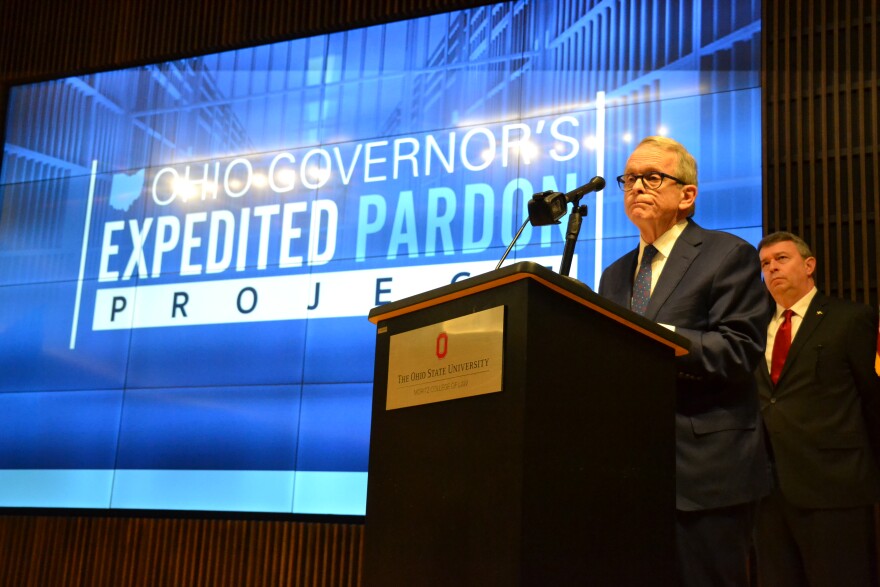Gov. Mike DeWine’s Expedited Pardon Project that began in 2019 is getting a jump start this year in reaching out to Ohioans seeking help through the clemency process. In a live Zoom webinar Friday, a panel discussion addressed participants' questions and concerns about the project.
So far, the program has been successful in granting pardons to nine applicants out of 78 total applications, with 26 applications in the process of being approved. However, those within the program estimate that many more could qualify. The program can take up to half the time that the regular process takes.
Representatives of the program on the panel discussion stressed how life-changing it could be for those who receive a pardon.
"It’s amazing how many people in your life who could benefit [from the program],” said Andy Wilson, the criminal justice policy advisor for DeWine's office.

Professor Joann Sahl of the University of Akron’s School of Law, another panelist for the event, helped clarify some of the vital distinctions between the pardon process, sealing of records, and expungement, and also how seeking pardon may be the right choice for some.
“The great thing about a pardon is, it applies to all convictions if you’re eligible and particularly the convictions in the expedited pardon project,” she said. “It means forgiveness from the governor of your punishment, so it ends any current punishment and any future punishment.”
Some examples of the barriers or “disabilities” some face because of their record include trouble finding jobs, volunteering in their communities, obtaining professional licenses, or even coaching at a child’s school.
The top three reasons applicants cited for seeking a pardon included removing the stigma surrounding the issue, pursuing educational and career opportunities, and the desire to serve one’s community.
Sahl also stressed that “our applicants need encouragement.” Some who have been deterred by the challenges of the process in the past may have their doubts, but Sahl says for the program to succeed, “First, they need to believe [that] this process is going to work.”
She and other representatives of the project hope to encourage those who have their doubts to seek more information to help change their lives.







